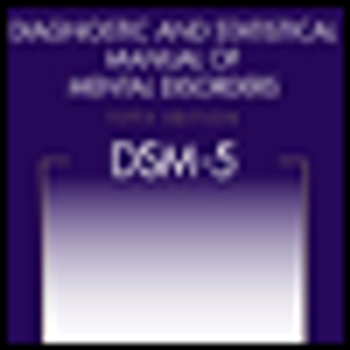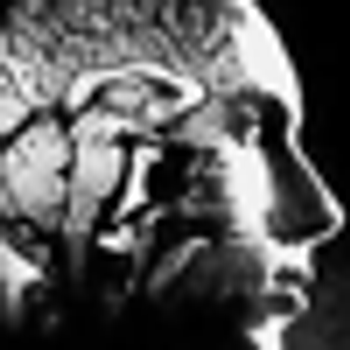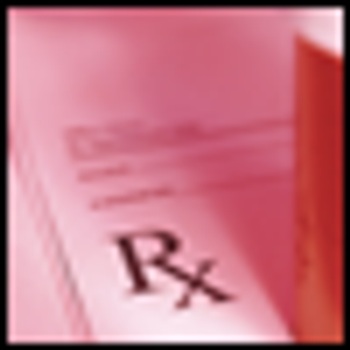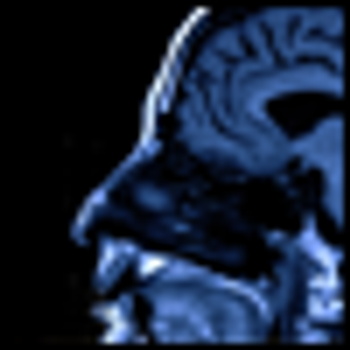
Understanding pediatric psychopharmacology in the context of medical illness.

Understanding pediatric psychopharmacology in the context of medical illness.

The purpose of suicide risk assessment is to identify treatable and modifiable risks and protective factors that inform the patient’s treatment and safety management requirements.

On November 21, 2011, John Oldham, MD, president of the American Psychiatric Association (APA), wrote a response letter to Don W. Locke, EdD, president of the American Counseling Association, who had some concerns with proposed revisions for DSM-5.

Some months ago, I received a stern admonition from my family doctor. My fasting blood sugar of 99 mg/dL was “right on the border”, he said, and I had better work on bringing it down. “But,” I protested, “when I was in medical school (in the 70s), the normal FBS range went up to 110 mg/dL!” "Well,” he replied a bit huffily, “they changed the criteria!”

The articles by Arline Kaplan and Hagop Akiskal, MD, in the November 2011 issue of Psychiatric Times highlight the race to patent bio-tests for schizophrenia and depression.

This article provides background information on the FGIDs for psychiatrists and a review of recent research on the biopsychosocial mechanisms that contribute to the illness experience.

Psychache (sīk-āk), a neologism coined by suicidologist Edwin Shneidman, is unbearable psychological pain-hurt, anguish, soreness, and aching.

Researchers have tried lots of different kinds of tests from EEGs to blood-based biomarkers. Now genetic tests are a very popular means of trying to understand different psychiatric disorders.

The petition to reform DSM-5 continues to gain momentum. In its first full week, more than 2300 people have already expressed their disapproval of the DSM-5 proposals and their desire to see dramatic changes. And the numbers are growing each day.

This psychiatrist was not prepared for the scope of impact our two long wars have had on military children.

When does grief after the death of a loved one transition to complicated grief to the point where the pain doesn't go away? In this podcast, Dr Katherine Shear discusses this important issue.

When I was a first-year resident, a revered supervisor of mine made the statement-half-facetiously-that, “In psychiatry, you can do biology in the morning and theology in the afternoon!”

A recent study concluded that depression is associated with a significantly increased risk of stroke morbidity and mortality.

In Part 3 of this 3-part series, Dr Dilsaver discusses dichotomization versus a continuum model and concerns that bipolar disorders are over-diagnosed.

I do not hear loud applause for our current antidepressant armamentarium. I believe I hear the sound of one hand clapping.

A meta-analysis of the Omega-3 fatty acid EPA (eicosapentaenoic acid) as therapeutic supplement for major depression followed the above study online September 6 in the Journal of Clinical Psychiatry.

"I'm all over it, because I'm looking for something to help," declared Army Vice-Chief of Staff General Peter W. Chiarelli, quoted in USA Today News September 20, in his response to a study finding an increased risk of suicide in US military personnel with low Omega-3 fatty acid serum levels.

With all the justifiable concerns about our next DSM, I frankly have more concerns about treatment. After all, diagnosing is really most important as far as it leads to the necessary treatment to help the patient.

Depression, anxiety, and delirium are 3 examples of common but frequently challenging areas of distress in pediatric palliative care patients.

An initiative from the BRIDGE study group has determined that approximately half of patients presenting with a depressive episode are mistakenly diagnosed with unipolar major depression.

Several available agents in addition to methylene blue are being investigated for bipolar disorder and were in a in a recent review.

Are antidepressants active placebos or lifesavers? Are they overprescribed? Are clinical trials of these drugs insufficient?

A meta-analysis of depression and risk of stroke finds a positive association. How will this information affect your practice?

Cognitive-behavioral therapy, interpersonal psychotherapy, or antidepressants can be effective treatments for major depression-despite their minimal separation from placebo/control therapies in clinical trials. This article argues that their specific efficacy has not been established.

In my view, Dr Angell’s assertions reflect both a serious misunderstanding of psychiatric diagnosis, and-equally important-a failure to address the core philosophical issues involved in her use of the terms “subjective,” “objective,” “behaviors,” and “signs.”